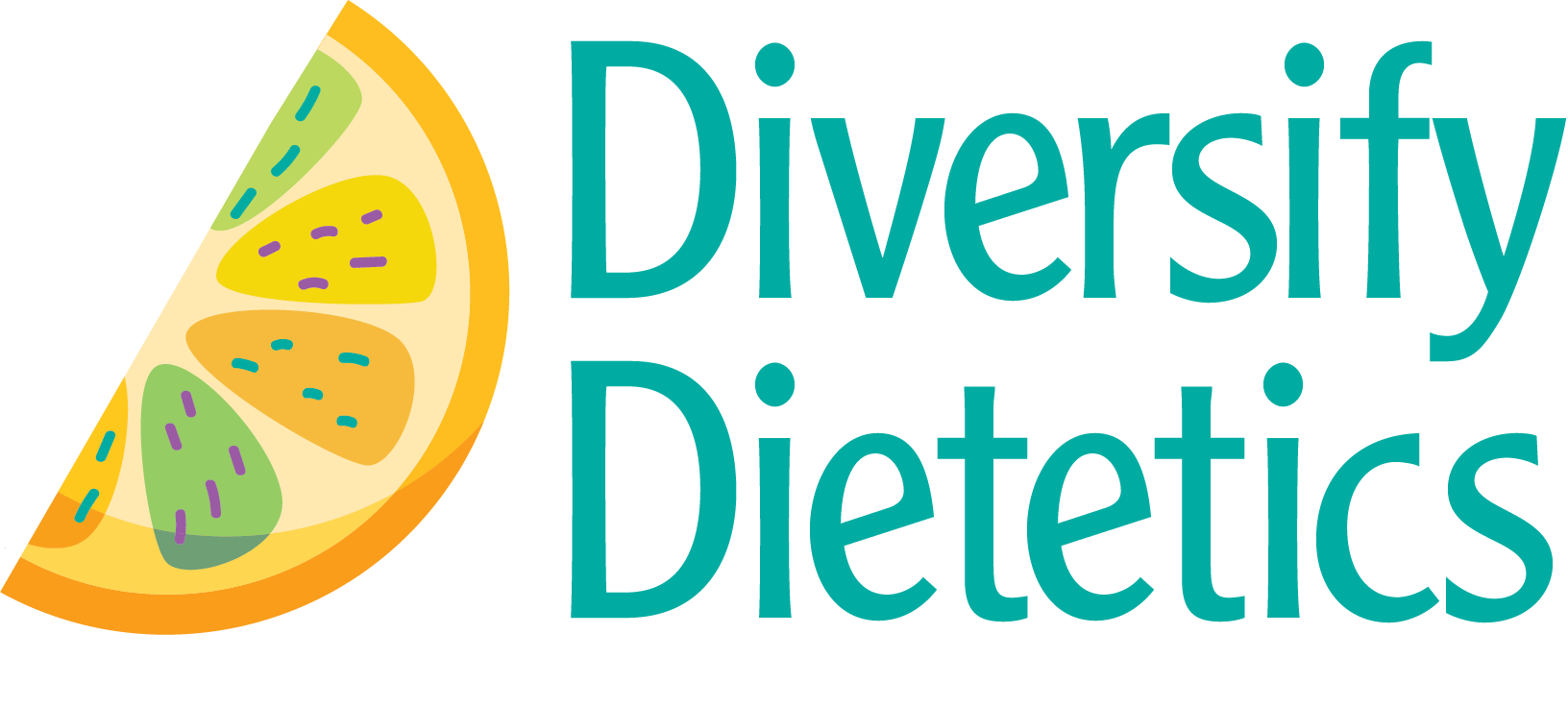RDN Spotlight: Pratik Patel, MS, RD, CSCS, CSSD
What is your ethnicity/race? Did your family have any customs related to food?
My background is as a Hindu Indian. Growing up my family didn't do anything out of the norm in terms of food and customs. Our main custom revolved around eating together as a family and most, if not all meals, were prepared by my mother. She cooked traditional style Indian food using recipes that she had learned from family and friends. We did this together until my junior year in high school when I started up again playing sports and changed my eating habits.
Where did you go to school and complete your dietetic internship?
Undergrad- Kansas State University- Bachelor of Science Dietetics 2008
Dietetic Internship- Mayo Clinic Jacksonville, Florida 2009
Grad school- Kansas State University- Master of Science Kinesiology 2012
Why did you decide to choose nutrition and dietetics as a career?
I have always loved sports and played them (at an average level) growing up. I unfortunately went through a lengthy sedentary period after elementary school up to high school where I stopped playing team sports and became very lethargic. This was leading me on a very unhealthy and undesirable track and I made the conscious decision to do something about it. I started working out and became more aware of what I was eating and over the course of a couple years I got in shape and joined back in playing team sports. It was a significant transformation for me that to this day has become one of the best things I have done for myself. From then on I was hooked on nutrition and exercise and wanted to learn more about it and potentially help others to change their lives the way I changed mine.
What do you do now as a dietetics professional and what does a typical day or week look like for you?
Currently I am the Director of Performance Nutrition and Assistant Strength and Conditioning Coach for the New York Football Giants. I oversee all the nutrition aspects for the team along with assisting with all strength and conditioning sessions. Each day is inherently different based on the time of year and what our schedule is like (dead period, offseason training, preseason, in-season, etc.). Most of my work revolves around implementing a periodized nutrition plan for the athletes, identifying and solving problems, conducting assessments, following up with players, creating policies and procedures and refining them regularly, and coaching specific groups during strength and conditioning sessions.
What was the biggest challenge for you in becoming a dietitian and how did you overcome it?
I'd say my biggest challenge in becoming a dietitian in the sports field was having to navigate this route myself without a direct mentor in the field to help me out. The field has grown so much in the past 10 years (for the better) but when I was starting out I was by myself and had to develop my skill set and find and secure jobs on my own. This is not an easy thing to do in sport where most people get jobs by who they know not what they know.
Have you had any mentors and how have they affected your career?
In grad school my major professor, Katie Heinrich, was a huge influence on me in how to work and act like a professional in an academic environment. A lot of what I learned from her was second hand by the interactions we had, observing how she worked and interacted with others, and things I learned from her during our meetings together in regards to anything research, teaching, or presentation related. Another mentor I had when I was working at Michigan State was Joey Eisenmann. He was co-director of the department I was working for and instrumental in learning how to diversify my skill set, work with others, develop a growth mindset, and act like a team player. The third person I'll mention is my current boss and our Head Strength and Conditioning Coach for the Giants, Aaron Wellman. He has allowed me to grow by showing me how to look at things from different viewpoints, what it takes to achieve mastery in the field (lifelong learning), leaving a legacy, and seeking out knowledge and information from unique sources that most in the field don't think about.
Why do you think diversifying the field of nutrition is important?
Growing up it was instilled upon me that success would only be achieved in fields such as Medicine, Law, Engineering, etc. and unfortunately many kids fall into this trap of the self-fulfilling prophecy and don't end up studying or learning in "other" fields that they love or would be better suited for. Diversifying this field is crucial because it shows those underrepresented groups that if they have a passion, desire, and motivation to seek out a career in nutrition they can and they can be successful in doing so if they approach it with the right mindset.
What advice would you give a student of color interested in entering this profession?
Be very open minded and try to adopt a growth mindset. Take advantage of the opportunities you have presented to you and make the most of them. If you work as hard as you can and maximize what you do in your current situation and learn as much as you can you will be much more prepared for the next opportunity that comes your way. Don't be in a rush to get your "dream job" and miss out on learning and growing where you currently are. Developing range and learning to problem solve and see things from a couple different points of view will make you more unique in the field.

